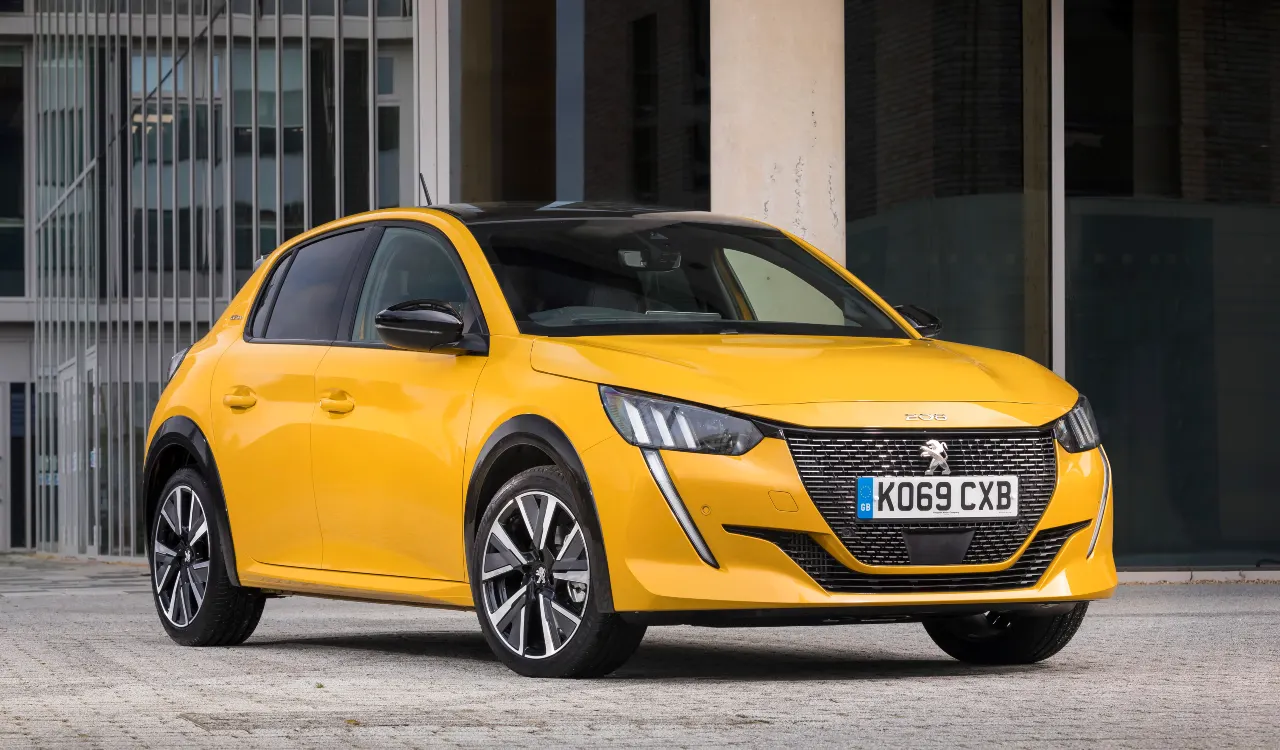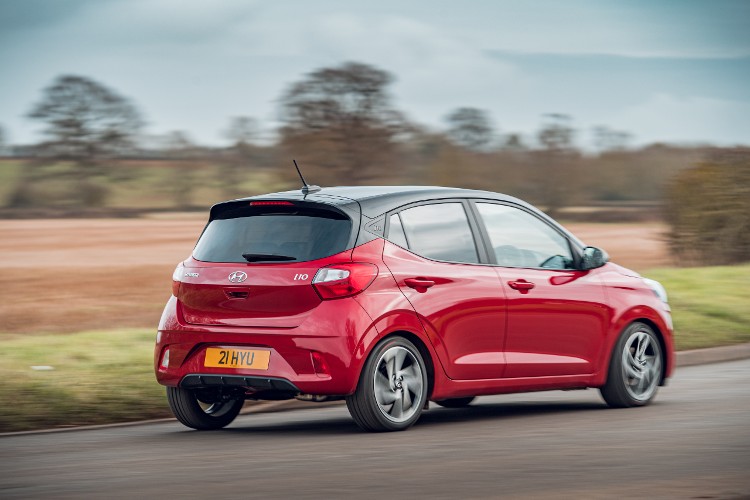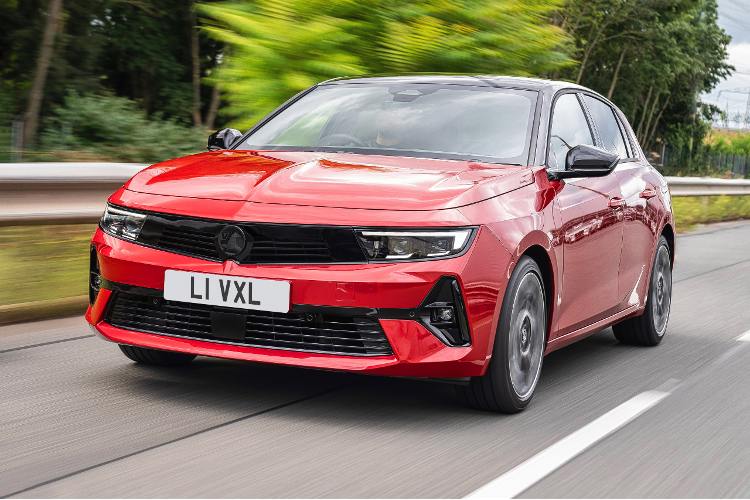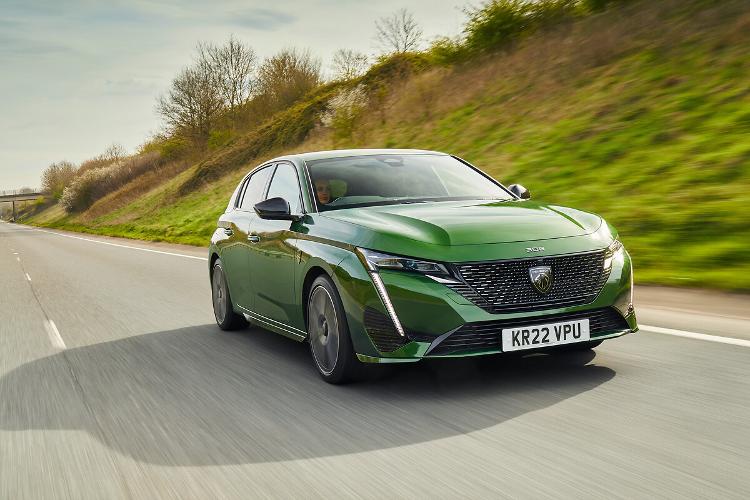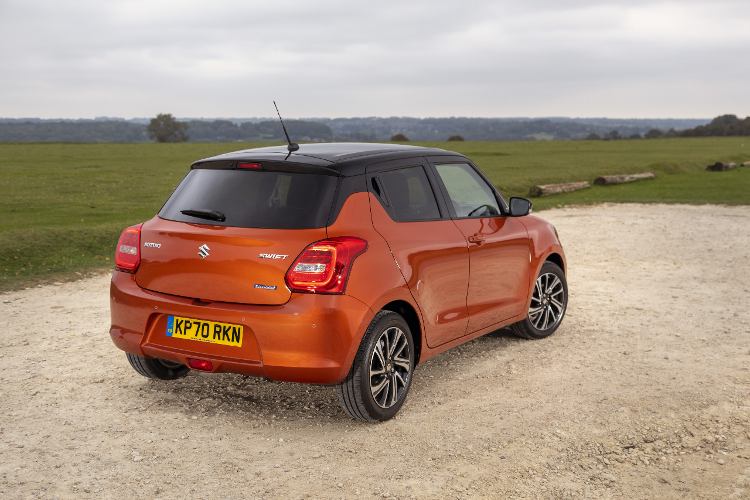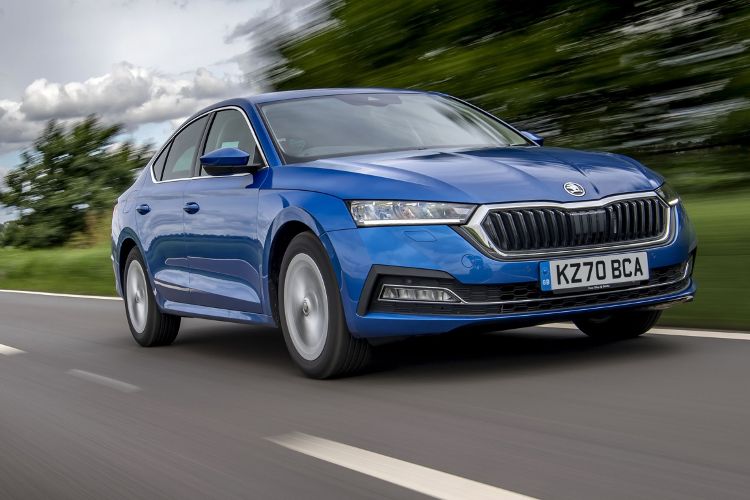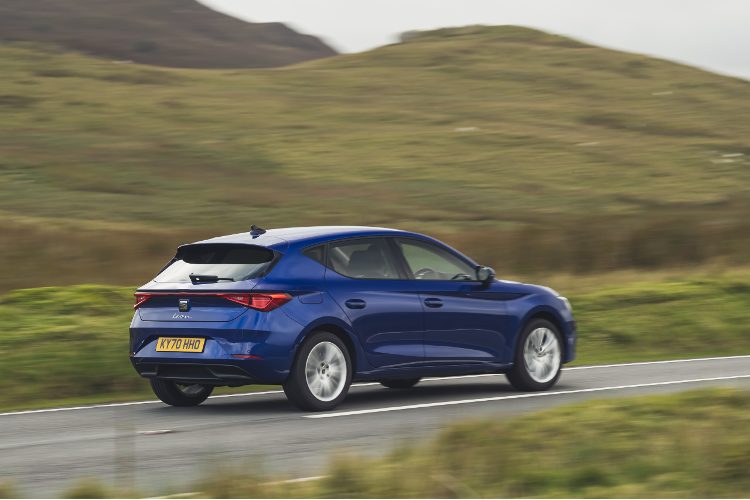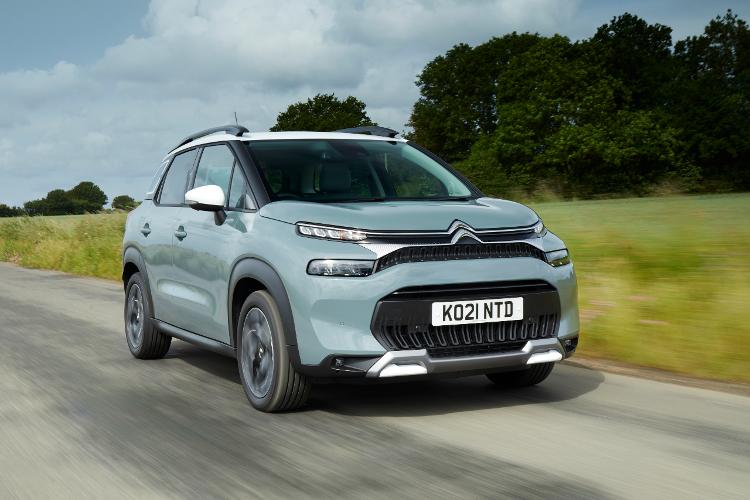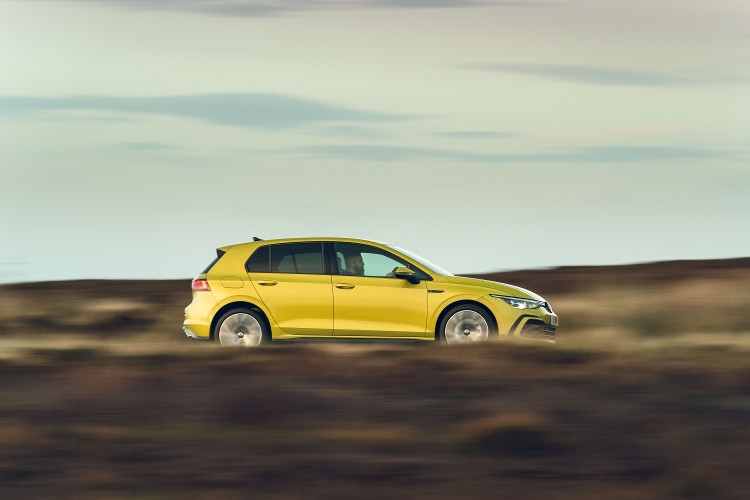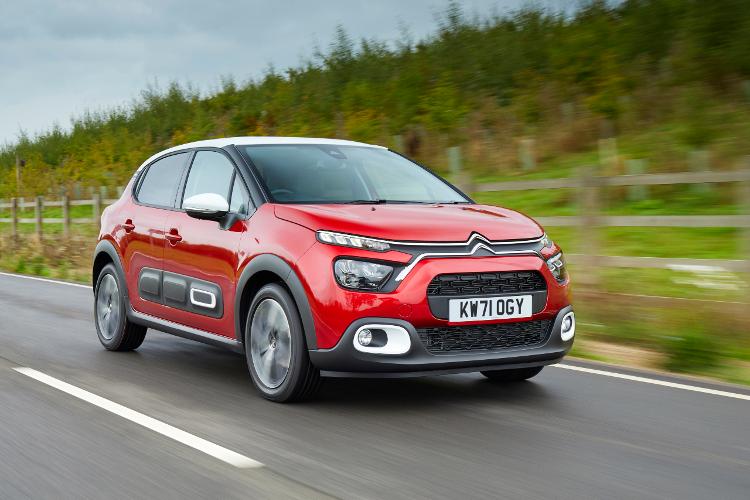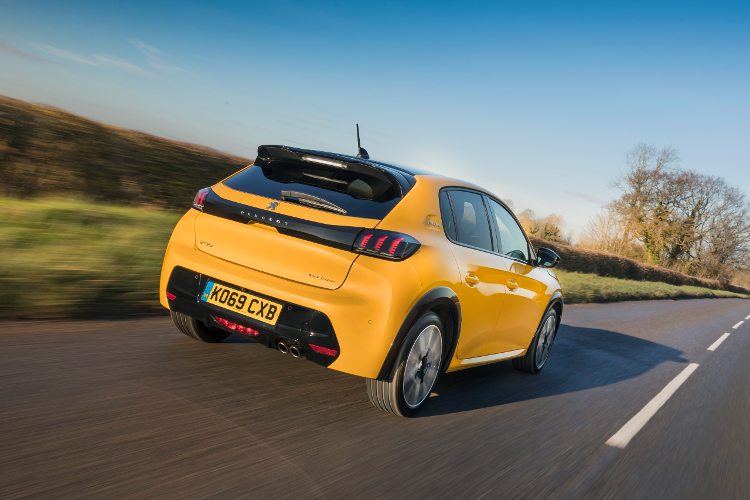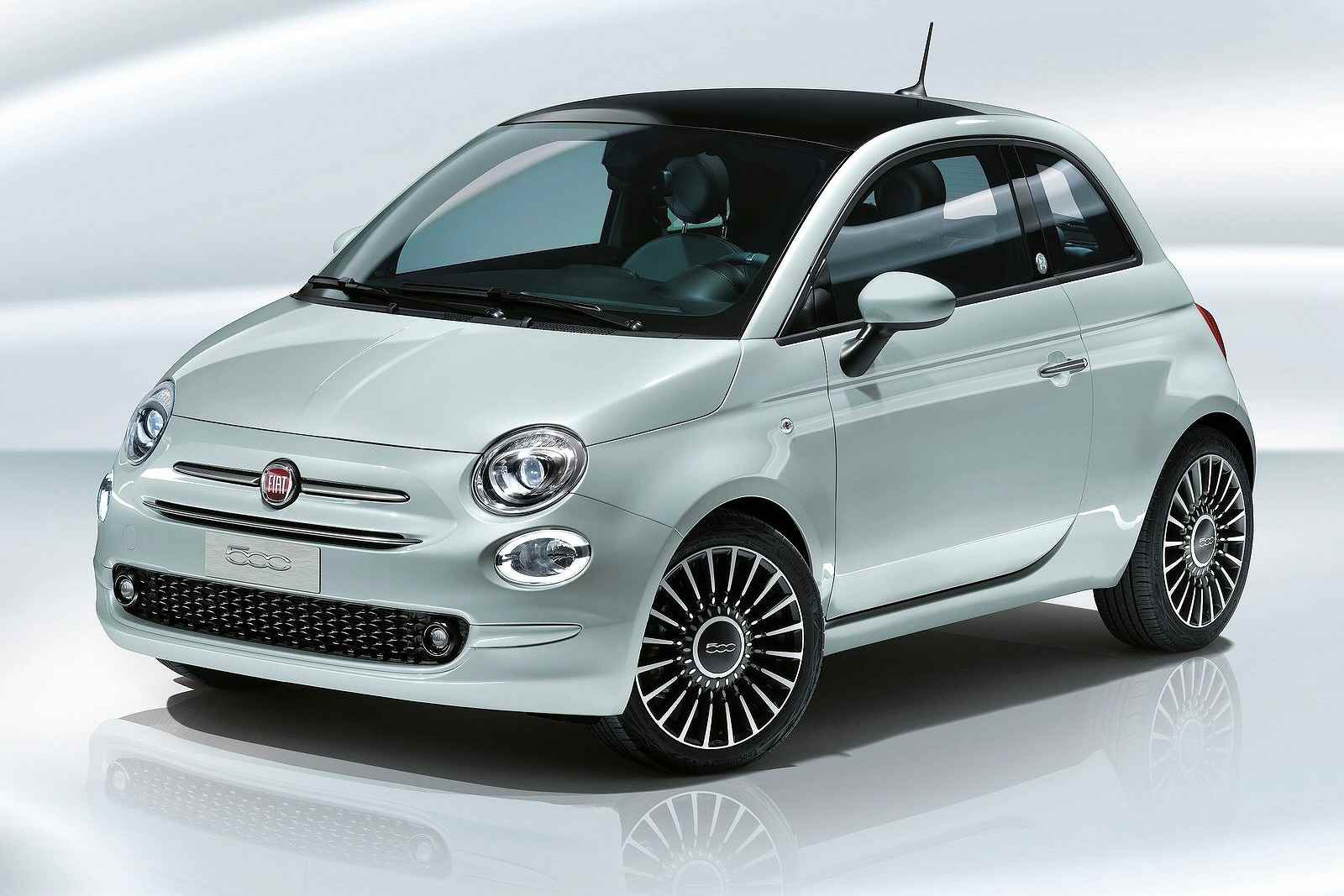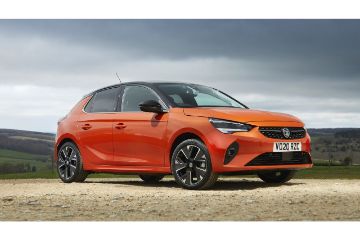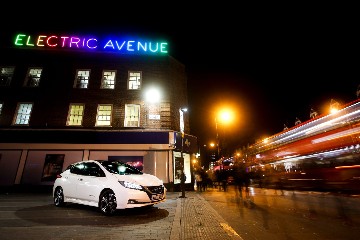If you’re after the most economical car possible, there’s a good chance you’ve seen the staggering miles-per-gallon figures that most plug-in hybrid cars (PHEVs) claim. A lot of PHEVs boast an average mpg figure of more than 200 miles per gallon. However, PHEVs tend to make more sense as company cars, because of the tax breaks that their low CO2 emissions attract. Very few of them can actually achieve their claimed mpg in day-to-day use.
So here we’re just looking at ‘simple’ petrol and diesel cars - no hybrid or electric cars. They’re cheap to lease and insure, and won’t cost much in fuel either. Diesel cars tend to have the best mpg numbers but, generally speaking, they’re better suited to those doing mostly longer journeys. For that reason we’ve included a good range of petrol cars too, of various shapes and sizes. There should be something for everyone here.
What Is MPG And Why Does It Matter?
The abbreviation ‘mpg’ stands for ‘miles per gallon’. It broadly tells you how many miles a car should travel using a gallon of fuel. That said, each car is tested in lab conditions rather than having someone drive it out on the roads, which is to make sure that every car is tested in exactly the same way. It means that each car is evaluated like-for-like. From this you can safely assume that the most fuel efficient cars are the ones that have the higher mpg numbers.
In real life, the efficiency of your car will vary depending on a lot of factors: your driving style, the traffic conditions, the weather (a cold engine is less efficient), the extra weight in your car (people and luggage), and the speed you’re doing. This means you might not get exactly the mpg numbers manufacturers advertise, but it provides a good competitive gauge to help you choose a car with an excellent fuel economy figure.
10. Hyundai i10: 56.5mpg
The Hyundai i10 is a brilliant little city car, with much more space inside than you’d assume, and surprising refinement at motorway speeds. You also get great fuel economy. The 1.0-litre, three-cylinder petrol engine with 67hp can return up to 56.5mpg if chosen in SE Connect or Premium specification.
View the latest Hyundai i10 lease deals
9. Vauxhall Astra: 58.9mpg
The Astra is available with a wide range of engines, including two plug-in hybrids and a full electric model, but its diesel engine is a solid choice for those who want great day-to-day fuel economy. The 1.5-litre ‘Turbo D’ engine returns 58.9mpg combined in basic Design specification, which has the smallest wheel size. This is deeply impressive, as the 1.5 has plenty of power (130hp) and an automatic gearbox, so it’s exceptionally motorway-friendly as a result.
View the latest Vauxhall Astra lease deals.
8. Peugeot 308: 59.6mpg
The striking Peugeot 308 is related to the Vauxhall Astra above, sharing lots of parts, but if you specify the same 1.5-litre turbo diesel engine – here called the ‘BlueHDi 130’ – you actually get marginally better fuel economy. Chosen in basic Active Premium specification, the 308 diesel returns a 59.6mpg average. That’s excellent efficiency from a family hatchback as luxurious and alluring as this.
View our unbeatable Peugeot 308 lease deals.
7. Suzuki Swift: 59.7mpg
One of the few petrol-powered cars on our list, the Suzuki Swift’s trick is that it is incredibly light. Its engine is therefore very easy on fuel, because it doesn’t have to work excessively hard to push a load of mass forward. That means the SZ-L and SZ5 models, both running on 16-inch alloys, can achieve up to 59.7mpg if fitted with the 1.2-litre mild-hybrid four-cylinder petrol engine.
6. Skoda Octavia: 64.9mpg
The biggest car in this list, the Skoda Octavia is a fabulous family vehicle and a truly fantastic motorway car. With the 2.0-litre 150hp TDI diesel engine it has a 64.9mpg efficiency rating, in mid-level SE L specification. This spec comes with a DSG automatic gearbox, which makes it very easy to live with and adds to the Octavia’s general sense of luxury and quality.
Take a look at the latest Skoda Octavia lease deals.
5. SEAT Leon: 65.7mpg
This SEAT Leon uses basically the same 2.0-litre TDI turbodiesel as the Skoda Octavia above, but here it’s detuned to 115hp and has a six-speed manual gearbox. Good news for fuel economy, though, as it improves to 65.7mpg if you specify the Leon in SE trim, which has 16-inch alloy wheels - the smallest available. The Leon is great-looking and it’s very good to drive, and despite the relatively low power of the diesel engine, it still feels more than strong enough even when the car is full.
View the latest SEAT Leon lease deals.
4. Citroen C3 Aircross: 67.2mpg
The only crossover on our list, the funky-looking Citroen C3 Aircross is one of the last compact SUV-type models which still comes with a diesel engine. As it happens it’s the same engine you’ll find in the Vauxhall Astra and Peugeot 308. It manages to achieve 67.2mpg in the C3 Aircross because, despite its raised stance, the C3 is a little smaller and lighter than the Astra and the 308. The engine is less powerful here though, with 110hp rather than 130hp.
See our latest Citroen C3 Aircross lease deals, or read our expert C3 Aircross review.
3. Volkswagen Golf: 67.3mpg
Like the SEAT Leon we’ve already talked about, to get 67.3mpg from a diesel Golf, you need to fit the 115hp 2.0 TDI engine with a six-speed manual gearbox in the lowest trim grade, called Life. However, you get plenty of equipment, style and refinement from a Golf Life, which means it doesn’t feel like a lower-level or ‘basic’ car at all.
Take a look at our VW Golf leasing offers, or see how it compares to other premium hatchbacks in our guide to the best VW Golf alternatives.
2. Citroen C3: 70.6mpg
Two cars on this list manage to eclipse the giddy heights of 70mpg and they’re related. The first is the Citroen C3 supermini, which is one of the last cars of this type from any manufacturer that still comes with a diesel option. It’s the same BlueHDi 1.5 that’s in the C3 Aircross, but because the C3 is even lower and lighter, and the diesel engine is detuned slightly to 100hp, it can exceed 70mpg. You’ll need to lease it in Shine Plus trim for maximum efficiency, but that’s genuinely exceptional fuel efficiency by any standard.
See how affordable this supermini can be with our Citroen C3 lease deals.
1. Peugeot 208: 72.2mpg
The most fuel-efficient new car available in the UK right now, hybrids and PHEVs aside, is the Peugeot 208 1.5 BlueHDi 100 diesel. It uses the same technology underneath as the Citroen C3, but the Peugeot can claim even greater fuel economy stats with a peak of 72.2mpg in Allure Premium specification and with a manual gearbox. This isn’t even the basic grade of the 208, so you get plenty of equipment and that eye-catching exterior style for your most efficient of supermini runarounds.
Find the latest Peugeot 208 leasing deals for the best prices on this high efficient hatchback.
Economical Car FAQs
What To Consider When Looking For An Economical Car A car that’s compact, light and aerodynamic, and fitted with a modern, small and fuel-efficient engine will be the most economical. While crossover-SUVs are popular right now, their taller, chunkier and heavier bodies mean they’re typically not as economical as, say, a family hatchback; a VW Golf should be more efficient than a VW Tiguan with the same engine. Generally, the smaller the engine and the smaller the wheels, the better. Turbocharging normally helps an engine feel more powerful in daily use and it can actually improve general fuel economy in places – but the overarching rule is the less the power output, the greater the fuel economy. Stick with entry-level models, which generally have smaller wheels, for the best returns.
Of course, no matter how economical your car is on paper, you still need to drive it carefully to get the best fuel returns. Accelerate hard and brake sharply and you won’t get economy as good as someone driving exactly the same vehicle in a smoother, gentler style. Don’t carry needless excess weight in the vehicle (empty the junk out of your boot), and try to reduce aerodynamic drag by keeping windows and sunroofs closed. Tyre pressures are important too. Make sure they’re properly inflated, as per the manufacturer’s recommendations, because flatter tyres create drag, which means the car needs more fuel to move.
If you want a full list of tips to maximise economy, check out our helpful article that gives you advice on saving fuel while driving, and ultimately money.
Finally, while we’re focusing on petrol and diesel cars here, hybrids, plug-in hybrids and full electric vehicles all offer even lower running costs, provided you use them correctly. We’ve got advice and electric car guides on all these different types of cars on the site, as well as an explanation of ‘WLTP’ and what it means.
What MPG is considered ‘good’? Typically, 40 mpg is considered a good figure. Most turbocharged petrol cars can now match this number, when it used to be the preserve solely of turbo diesels. More powerful petrol cars will still struggle to break 30-40 mpg. Anything above 40 mpg is excellent, especially if it comes from a large family SUV. The cars on our list are truly exceptional, with 55-70 mpg numbers in all cases… and even in excess of 70 mpg for the top two.
Is diesel still the most economical fuel type for cars? Yes it is, although diesel-engined cars are generally more suited to longer journeys than they are to stop-start town traffic. You’ll find that a modern small capacity (1.5-litre or less) turbo petrol engine will be very nearly as efficient as a similarly powered diesel at lower speeds. Petrol is cheaper at the pumps too, which is worth thinking about when considering which fuel type is best for you. Modern diesels are much cleaner than they were in terms of emissions, but many ranges are now petrol-only; the Ford Fiesta and Volkswagen Polo, for instance, which once used to have solid diesel choices, no longer provide any diesel models.
What factors affect how economical a car is? Diesel cars are more economical than petrols, although the efficiency gap between them is much narrower than it once was. Engine size is important, as smaller drivetrains are better on fuel than bigger, more powerful ones.
The body of the vehicle in question should also be aerodynamic and relatively small, with the overall weight of the car on the lower side for best results.
Finally, driving style will affect fuel efficiency, as will the condition of your tyres – under- or over-inflated tyres affect something called ‘drag’, which is the rolling resistance the vehicle encounters when trying to drive forward. The more drag you have, the lower your fuel economy, so check those tyres regularly.
Are there any drawbacks to having a very economical car? There are very few, but the most obvious one is that the most economical vehicles are typically the lowest-powered ones. However, unless you live in very mountainous terrain and you’re regularly driving up steep hills, these fuel-efficient vehicles still have more than enough performance for regular daily-driving duties.
For more advice and insights on motoring, take a look at our car guides and features. If you’d like to know more on how car leasing works, take a look at our car leasing explainers or, if you’re ready to pick your next car, check out our latest car leasing deals.

